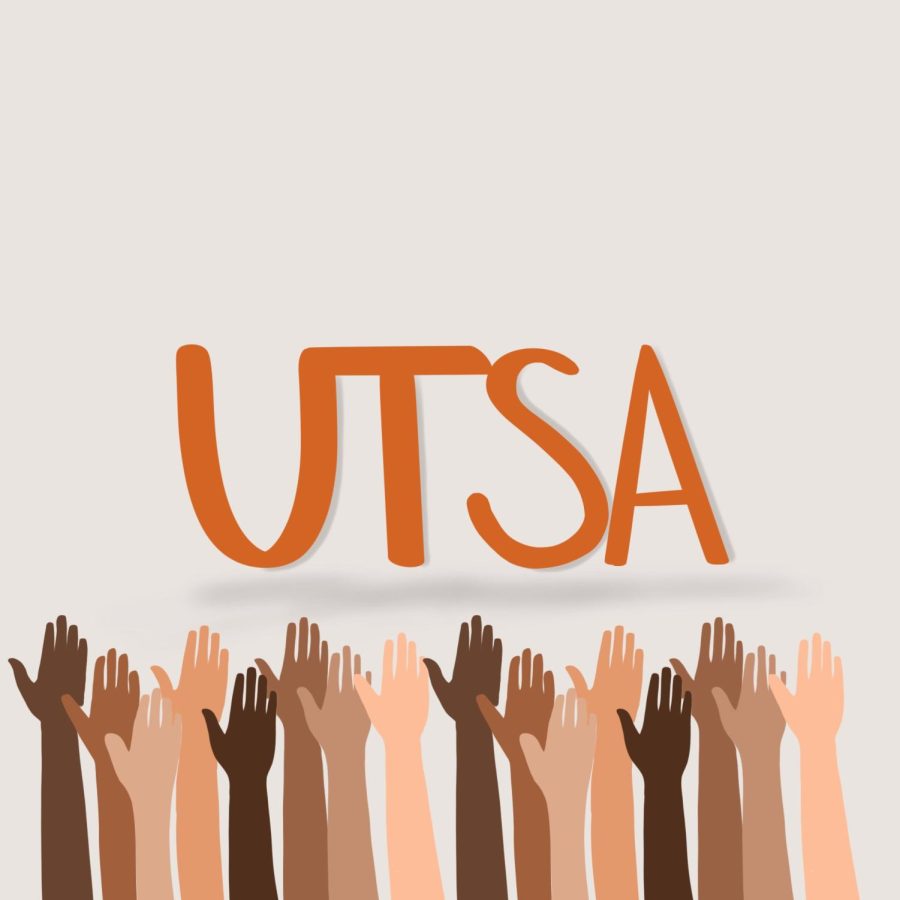With the Nov. 5 election weeks away, most voters know who they will be voting for in the presidential race. San Antonio voters, however, are less sure how they will vote on six proposed amendments to the city charter, which will also appear at the bottom of their ballots in November.
If you have not heard about these proposed amendments, you are in good company, at least according to polls conducted by the UTSA Center for Public Opinion Research (CPOR). CPOR, which I direct, began polling Bexar County residents earlier this year. Unlike many other major metropolitan areas, the San Antonio area has lacked public polling; information about what issues the public cares about, what the public’s chief concerns are and where it stands on a number of policy issues has largely been restricted to those who can pay for or are privy to private polling.
It is CPOR’s mission to change this. Our team, which includes undergraduate and graduate students who are interested in experiential learning and enriching local politics, aims to provide objective, rigorous and transparent analysis of local public opinion — and our analyses of the area residents’ knowledge of the charter amendments demonstrates that essential information is not reaching folks who will soon begin casting ballots.
In our September poll of likely San Antonio voters, less than two in ten, 19.5%, said they had heard about the proposed changes to the city charter. This was unchanged from June, when CPOR last asked local voters about their familiarity with proposed changes to the charter.
We also asked voters about whether they supported the changes the propositions would make if they were passed. At least two of the amendments are rather uncontroversial; one would update outdated charter language, and another would make minor changes to the city’s Ethics Review Board. According to CPOR’s poll, a majority of voters say they support both changes.
Our poll found far less support for an amendment that would increase the baseline salaries for members of the City Council and the Mayor of San Antonio — $70,200 for council members and $87,800 for the mayor. Slightly more than a quarter, 27.3%, said they would vote in favor of it, with a majority, 50.7%, saying they would vote against it. A substantial number, 22.0%, are unsure if they would support the amendment.
There was slightly more support for an amendment that would extend the terms of office for the mayor and members of the City Council from two years to four years; 42.7% said they would support it, with 43.8% opposed.
However, the amendment with the least amount of support is one that would remove caps on the salary of the city manager and the number of years a person could serve in that position. A super-majority, 68.9%, said they would not vote for it, with only 16.9% in favor of the amendment.
The city manager amendment is perhaps the most controversial, for a couple of reasons. These caps were originally put in place in 2018 via another ballot measure. The effort to get the 2018 measures passed was led by the city’s firefighters’ union, which had sought the caps after feuding with then-city manager Sheryl Sculley over health care costs in the city’s labor agreements for both the fire and police unions. Opponents of the ballot measure argued it would prevent San Antonio from attracting and competing for top-tier administrators to serve as city managers.
With the fire union unlikely to get involved in this year’s election, a political action committee (PAC) named RenewSA appears to have the field to itself. RenewSA, which has raised $1 million, wants to see all of the ballot measures passed — but are particularly interested in the amendment that would remove the caps on the city manager.
Why RenewSA wants to see the caps removed is not entirely clear. The PAC was formed by members of the San Antonio business community. According to businessman Gordan Hartmann, who chairs the PAC, “you cannot hire a city manager to run a $4 billion, 14,000-employee operation properly at $375,000,” in reference to the base salary of the current city manager, Erik Walsh
There is a case to be made that removing the city manager caps, as well as increasing the salaries of the council and mayor, helps to professionalize the city government, and in the case of the council/manager salaries, allow people from different walks of life to serve in these roles.
However, what is less clear is if this is what voters want. After CPOR’s September poll results were released showing low support for the salary amendments, RenewSA, which had previously kept a low profile, went public with its intent to get the measures passed. A representative for the PAC stated that their own internal poll — which used the actual wording of the ballot measures — indicates higher support for the salary amendments; however, details about this poll are sparse. The actual city manager ballot proposition, known as Prop C, does not mention removing the caps, but asks voters: “Shall the Charter of the City of San Antonio be amended to grant to City Council the authority to set the full terms of the City Manager’s employment including tenure and compensation?”
How much the difference in question wording matters — and whether or not voters understand that the ballot measure will remove the caps on the city manager they previously put in place — is unclear. If a majority of voters say they don’t support removing the caps, but then vote for the amendment as it is written, is it fair to say its passage is reflective of public opinion?
What is also unclear is if, with the election around the corner, awareness of and support for these amendments increases. RenewSA has pledged that it will use the $1 million it has raised to do both—but time is getting short.
CPOR aims to provide insight into these questions — and we will have some answers to share soon. That these questions have been raised at all, we think, demonstrates the importance of public polling. When done right, it can enhance transparency and accountability in our political ecosystem. Voters will be faced with choices at the end of their ballots no matter what — we hope our results will make interpreting these decisions easier for all.










